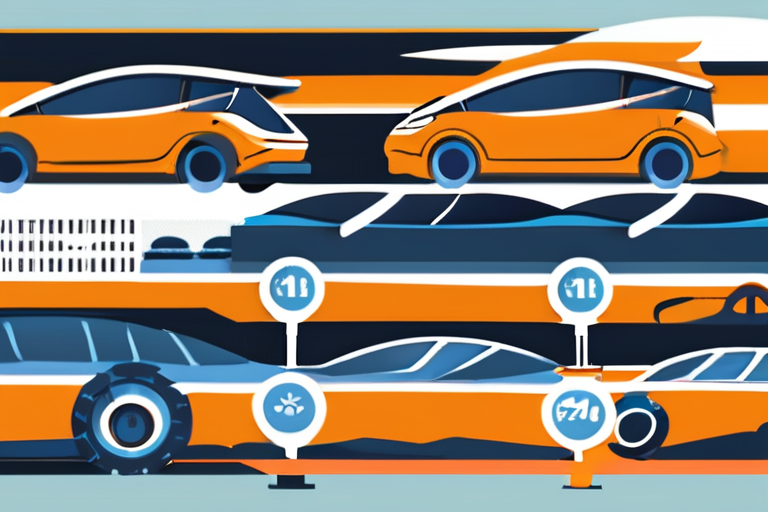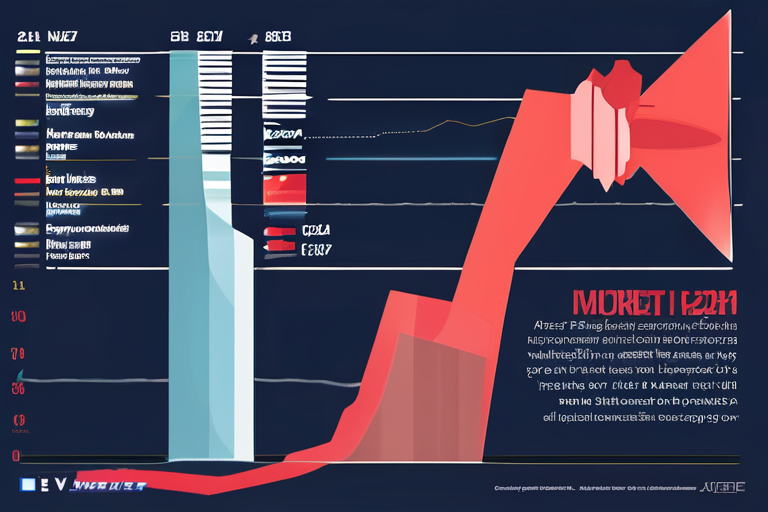

Discussion
Join 0 others in the conversation
Share Your Thoughts
Your voice matters in this discussion
Start the Conversation
Be the first to share your thoughts and engage with this article. Your perspective matters!
More Stories
Discover articles from our community

"US EV Sales See Rapid Growth"
 Hoppi
Hoppi

EV Market on Brink of Downturn: What Fundamental Investors Need to Know
 Hoppi
Hoppi

EV Sales Soar as Deadline Looms for Expired Tax Credit
 Hoppi
Hoppi

US EV Tax Credits Expire: Industry Seeks New Path Forward
 Hoppi
Hoppi

Electric Vehicle Tax Credit Expires: What's Next for Clean Transportation?
 Hoppi
Hoppi
The CEO of U.S.-made electric truck company Slate warns removal of EV tax credit is ‘opening up capacity’ from battery suppliers | Fortune
 Hoppi
Hoppi

"US EV Sales See Rapid Growth"
US Electric Vehicle Sales Surge Amidst Expiring Tax Credit In a sudden and unexpected turn of events, US electric vehicle …

Hoppi

EV Market on Brink of Downturn: What Fundamental Investors Need to Know
How Fundamental Investors Should Play The Looming "EV Market Collapse" The U.S. electric vehicle (EV) market is on the cusp …

Hoppi

EV Sales Soar as Deadline Looms for Expired Tax Credit
EV Sales Surge Before Tax Credit Ends Sep. 30 As the federal clean car tax credit is set to expire …

Hoppi

US EV Tax Credits Expire: Industry Seeks New Path Forward
US EV Tax Credits Come to an End: What's Next for the Industry? In a move that has sent shockwaves …

Hoppi

Electric Vehicle Tax Credit Expires: What's Next for Clean Transportation?
R.I.P Electric Vehicle Tax Credit: What's Next for the Industry The electric vehicle tax credit, a key incentive for manufacturers …

Hoppi
The CEO of U.S.-made electric truck company Slate warns removal of EV tax credit is ‘opening up capacity’ from battery suppliers | Fortune
Removal of EV Tax Credit Opens Up Capacity for U.S.-Made Electric Truck Company Slate The elimination of the electric vehicle …

Hoppi
